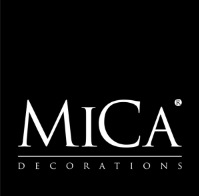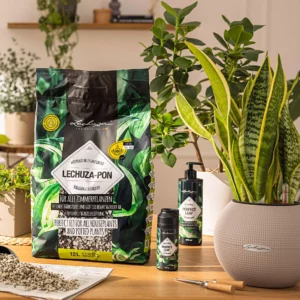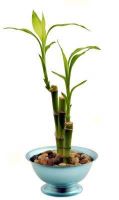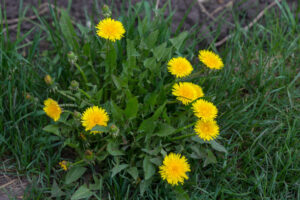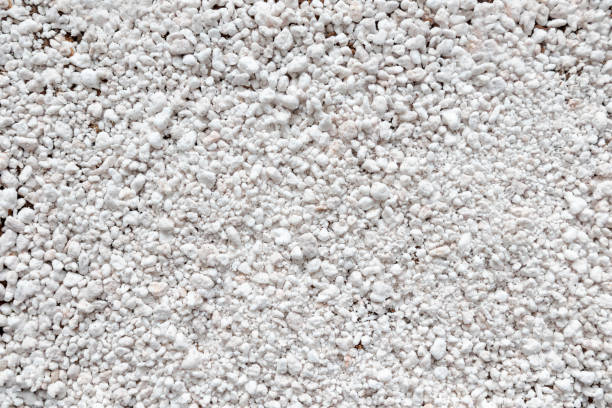
Description
Perlite is a volcanic, glassy rock with a relatively high water content (3-10% by weight). It is a rhyolite glass (rich in SiO2) which during the cooling of the volcanic lava separates into spherical particles trapping water in its mass. It has a light ash color.
The main producing countries are Greece, China, USA, Turkey and Japan. The perlite of our country is of exceptional quality and holds the first place in the world with a share of over 25% of the world production. Perlite deposits are found in Milos, Lesvos, Antiparos, Kos and Evros.
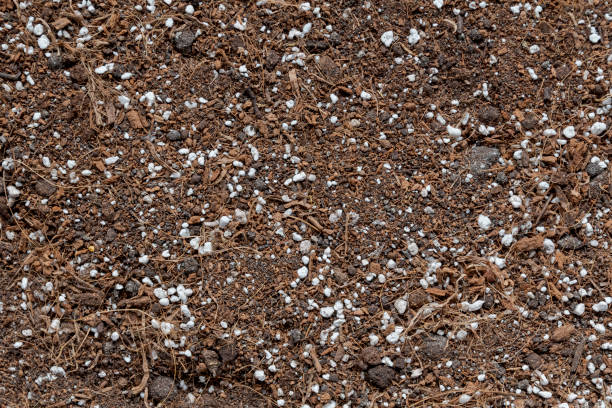
Properties
Perlite as a glassy rock when it reaches 650-900 ° C softens and the water that is trapped in its mass escapes, expanding it up to 15 times. The granules of expanded perlite are composed of many tiny closed air cells, so it has a high porosity. It is white due to the reflectivity of the trapped bubbles.
The apparent density of unbaked perlite is about 1100 kg / m³ (1.1 g / cm³).
While the apparent density of expanded perlite is between 30–150 kg / m³ (0.03-0.15 g / cm³).
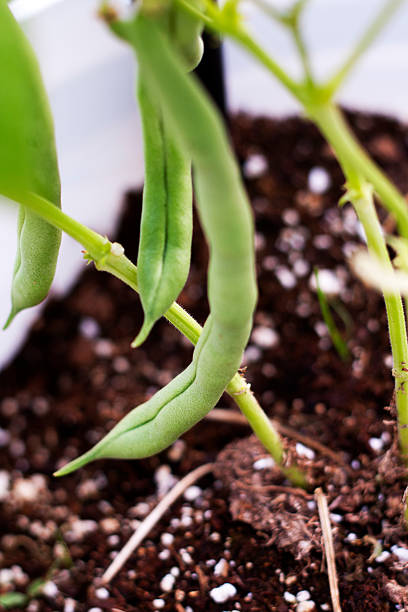
Uses
Due to the low apparent density of expanded perlite is found:
- in construction, as a heat-sound-insulating light-weight substrate for roofs and floors, wall insulation, bricks, coatings, plasters, mortars, paints, varnishes.
- in agriculture, as a substrate for hydroponic crops, soil improver for the preparation of floricultural mixtures, crops, auxiliary means for filtering beverages, edible oils, water, chemical and pharmaceutical preparations.
- in industry, for cryogenic insulation in the storage and transport of liquefied industrial gases, in the absorption of industrial oils and hazardous liquids in contaminated areas.
- in metallurgy, in refractory applications in foundries.
In gardening can be used:
- as a component of topsoil in pots creating a planting substrate in combination with peat.
- as a conditioner for degraded soil quality
- as an aid to sowing the lawn providing better ventilation to its root system. In addition, it retains the moisture of the substrate at ideal levels.
